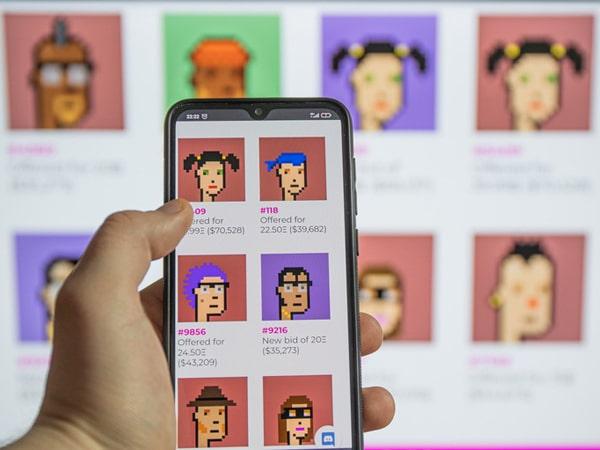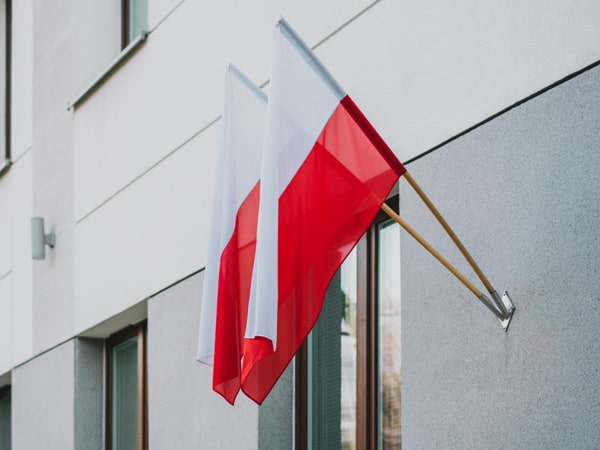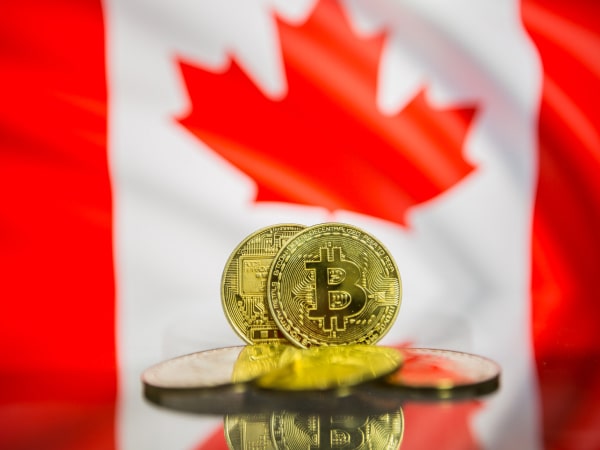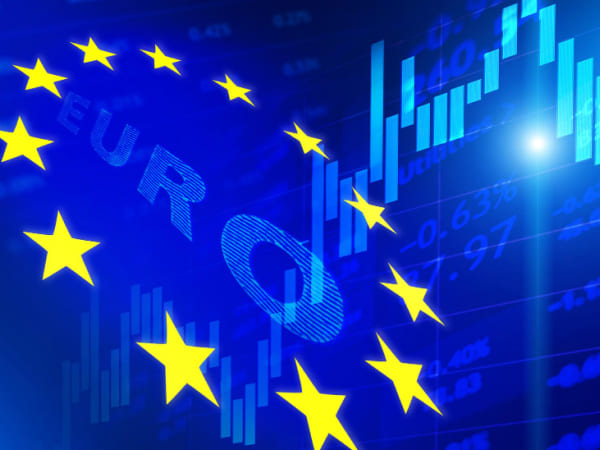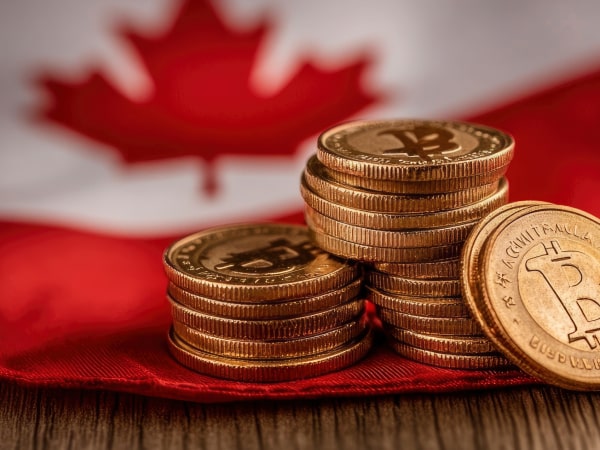Table of contents
Introductions
To begin with, it is worth understanding what the NFT is and how it works in a computer game system.
NFT literally means “non-fungible token.” To be more simple, it is a unique token. In fact, this is what distinguishes it from all other cryptocurrencies and other assets that are powered by the well-known “Blockchain” system.
To clarify how NFT works, we could remember simple examples from real life because the “meta-universe” is not yet so easily perceived.
The NFT shows that an item cannot be exchanged for the same item; it is one of a kind.
For instance, if a bitcoin can be exchanged for the same bitcoin, the person’s financial status will not change. But if we exchange apparently identical paintings, only one will have real value—the original.
NFT first appeared in 2017, but its popularity peaked just now. The technology is based on the Ethereum Blockchain platform.
This is also how the NFT works.
Quickly select a jurisdiction and register your company anywhere in the world online
HOW CAN NFT-GAMES APPLY RIGHT NOW?
NFT games is a new direction of development in the gaming industry, which includes web design, character development, plots, and conventional game development. But the difference is that it involves new methods of project development, donations, investments, and opportunities to make a profit.
There are two main ways for NFT games to develop and, in turn, use NFT.
The first option is to be able to replace all the sophisticated work with the capitalization of the game development company.
Wie funktioniert es?
To develop the company, it needs to attract investment, which will be the basis for capital.
The company creates its own token running on blockchain technology and issues it for sale instead of shares.
All those willing to buy such coins will be “investors” and will form the basis of the company’s capitalization.
After that, those who buy tokens will be able to dispose of them in the same way as shares, and the company can, in turn, develop on the money of the “contributing shareholders.”
All of this constitutes a new form of company development and capitalization — GameFi, or “decentralized finances for games” (games + decentralized finances).
In general, this describes the implementation of blockchain technology for games. It helps to monetize the company’s activities more profitably for both creators and regular players (which is a very good motivation for attracting new players to the game).
Daher, NFT is becoming an alternative to the standard system of company development. It implies the use of newer methods of capitalization recruitment.
Another method of using NFT in games is P2E.
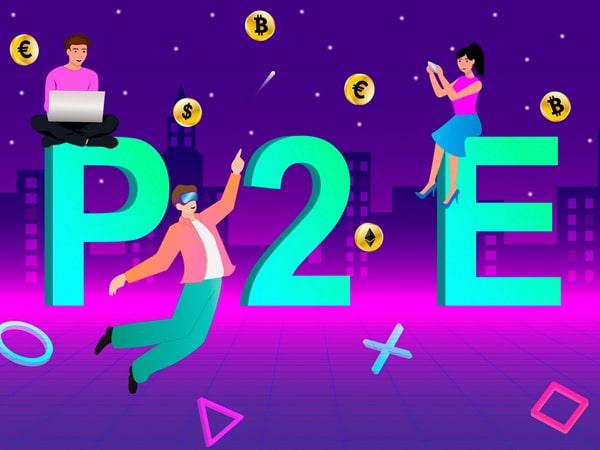
P2E (play-to-earn)
This system is quite innovative and new, but nevertheless, the main aspects of the development and legal support of such games can be highlighted.
Now let’s talk about a concept closer to our topic: P2E. It stands for “Play-to-Earn.” That literally means how much you can earn by playing the game.
As KokoSwap’s Chris Clarke explains, “In the gaming industry, it’s something where if the gamer is putting their value into the game, it just makes complete sense that they can take this value out of the game.”
Based on the fact that the average gamer spends more than 8 hours a week on computer games, game developers have decided to be proactive and make the gaming business more financially profitable, as people now get a real profit from playing cryptocurrency (which, by the way, can be exchanged for real money, which will be discussed below).
A list of NFT games that are the most popular right now:
- Axie Infinity
- The Sandbox
- Gods Unchained
It is very likely that you have already heard about at least one of them. Of course, this list is far from complete, but it is enough to explain how the world of NFT games works nowadays.
Despite the fact that most of these games can be classified as free- to-play, such projects should still be profitable for their developers.
An important difference between NFT P2E and regular computer games is that the players themselves will influence the formation of the games. It means that all in-game items based on NFT bought by the player now belong completely to the player and it is he who will manage them, receive royalties from resale, and so on. In regular games, it was the developer who was responsible and actually owned all the rights to in-game items (including intellectual property rights).
It is important to understand that NFT games are becoming more and more popular, and more and more developers are beginning to implement NFT technologies in “regular” computer games in order to raise new funds.
For example, the developers of Fortnite, Epic Games, or EA, have already announced that they are developing and planning to incorporate NFT into their projects.
How do players benefit developers?
First of all, in many of the games, in order to start, you need to buy a character that you will play (i.e., you need start-up capital in order to start earning)
We say start-up capital because, for the player, the game becomes a kind of business too.
The second and most common method is to sell in-game items (e.g., skins for characters, or skins on weapons, etc.).
Now we see a comparable situation when players buy skins for weapons in CS: GO, for example, and they buy exactly the part of the computer code that indicates that the item actually belongs to the player. But with the coming of NFT, it is possible to make the purchase process more secure with regard to guaranteeing ownership of the in- game item because the blockchain system is autonomous and does not depend on problems on the game’s servers.
Also, it is not the object itself that will have a monetary value, but its representation in the NFT, which will allow you to dispose of it freely-buy, sell, transfer, and so on.
In essence, we can say that the format of attracting investment here is similar to a voluntary donation because the players directly invest exactly as much as they think it is necessary. The game developer in this case depends on how profitable the project will become based on marketing policy, studying customer wishes, and so on.
Basically, the standard Ethereum blockchain-based token format, ERC- 20, is used for NFT-based games. But based on the fact that games are developing very quickly, new formats will soon be used, including semi-replaceable.
We can conclude that the P2E system can be considered a kind of innovative economic system that is based on the Blockchain system and also gives an opportunity to earn money from the game, both to its producer and to the ordinary player.
NFT-GAMES HAVE A LEGAL PROBLEM
Because the NFT is now at the pinnacle of its popularity, many people want to create their own project based on it.Despite the fact that this process is not fully regulated in terms of legislation, it is still possible to do it, and it will be especially easy with our assistance.
What does the process of starting your own NFT business consist of?
To begin with, as in any other similar business, it is necessary to open a suitable legal entity. It will be different for each jurisdiction; you need to choose the one that will be most convenient for you.
This process is the basis for starting your own NFT game project.
Once the company is open and ready to operate, it needs to open a bank account that will perfectly fit your business-more specifically, activities with cryptocurrencies, as well as the ability to receive payments from customers.
Choosing the right bank or other payment institution can be quite difficult because some of them have a negative attitude towards working with cryptocurrencies, so they block the accounts.
Our team will help you to choose such payment institution, which will be the most convenient for both receiving and sending payments by well-known payment systems with the lowest commissions, as well as without fear of account closure or freezing of payments, which can significantly affect business.
Once the bank account is open and working, the company moves on to the third and very important step, which, unfortunately, is usually given much less attention.
This stage is directly related to the protection of the intellectual property rights of the company, which occurs after the development and release of the game.
First of all, you need to protect all copyrights on texts, game plots, characters, pictures, and so on that might fall under copyright. If this is not done, anyone who wants to use your work can do so. In that case, it’s possible to simply copy your game and run it again. Clearly, this will directly affect your revenue from the project.
Second, an integral part of intellectual property protection would be to register a trademark for your product. This is essential first and foremost so that everyone can distinguish your product from that of, say, your competitor. By having trademark protection, you will be able to put it in your game without fear of it being used by someone else.
Legal regulation of NFT games in the world
Notwithstanding the fact that there is now a very dramatic increase in interest in NFTs, most states have never introduced any regulations for NFTs.
But financial technology lawyers play a crucial role in the regulation and legal framework surrounding cryptocurrencies and NFTs.
But financial technology lawyers play a crucial role in the regulation and legal framework surrounding cryptocurrencies and NFTs.
Why do we need regulation for cryptocurrency assets and for NFTs in particular?
Like any other financial sphere, it can often serve as a vehicle for money laundering, tax evasion, all sorts of corruption, the possibility of hidden terrorist financing, and so on.
As a result, countries are developing policies that will serve as safeguards against this. The main ones, of course, are KYC (Know Your Client), anti-money laundering, and countering the financing of terrorism (AML, CFT).
They are the standard safeguards against obvious criminal activity in the field of finance.
Governments, in turn, believe that such game projects can only be a cover for the above-mentioned crimes.
On the other hand, relatively few countries have included regulations on cryptocurrencies in their legal framework in general. This is most likely due to the fact that governments do not want to rush in order to not miss any important details, as well as mandatory bureaucratic processes.
In this regard, we see a large number of alternatives to regulating both cryptocurrencies and NFT. Let’s take a look at the three main options that can be highlighted.
If a country does provide for legal regulation of cryptocurrency, NFTs are not necessarily subject to it, but they may be. For example, such a system often works in the U.S., Germany, Singapore, and other countries.
The legislation of these countries describes what exactly can be considered cryptocurrencies, and if these characteristics coincide with the characteristics of certain NFTs, they will be regulated as cryptocurrencies. But it should be understood that these are special cases that will be dealt with case-by-case.
The second variant of regulation is when NFTs are considered securities. They can be directly compared to promissory notes.
They both represent some value that is owned by a person. If a promissory note represents money to be handed over by the debtor, the NFT represents a picture, a piece of music, and so on. In such a case, the regulations in Singapore, Germany, and other countries also stand out, which have made a broad definition of securities, which allows in certain cases to perceive NFT as a security.
Also, sometimes it is important for regulation to understand what exactly defines an NFT. For example, in some jurisdictions, the NFT that certifies the security may also fall under security regulation.
The third, and unfortunately, most common variant of “regulation” is its absence. This absence does not mean that cryptocurrencies and the FTT are not regulated at all. The management of such assets should still fall under the state’s understanding of the rules of civil turnover of assets.
Conclusion
The issue of NFT at the moment is quite acute, especially against the background of the global crisis, which has affected both the securities market and the market for cryptocurrencies, such as Bitcoin, and most other areas of the economy. That is why many celebrities are transferring their assets to NFT.
Now the value of NFT is very high, and there are many who want to set a “point break” and have time to get the most out of it.
Most NFT-based projects can now become very attractive investments for the future and for their future income.

